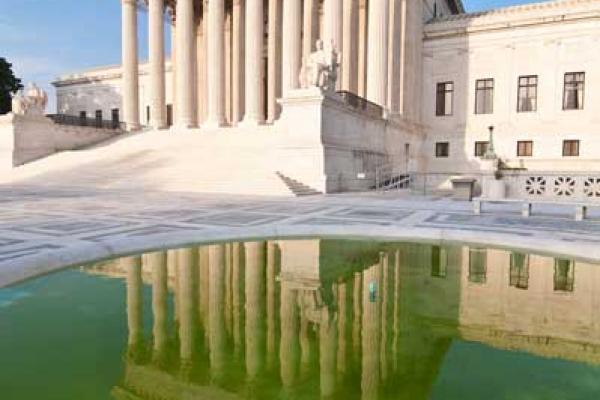Republican officials and religious organizations dominate a growing list of more than 60 groups urging the Supreme Court to uphold state bans against same-sex marriage.
The flood of “friend of the court” briefs arriving at the court by last week’s deadline easily made the upcoming case the most heavily lobbied in the court’s recent history. Earlier this month, more than 70 briefs were filed by proponents of gay marriage, including one signed by more than 200,000 people.
Sixteen states led by Republican governors were among those calling for the bans in Michigan, Ohio, Kentucky, and Tennessee to be upheld. Among them were nine states where same-sex marriage bans have been struck down by federal courts — an indication that the battle there and elsewhere will be renewed if the justices uphold the bans.
“How much better for this issue to play out, state-by-state, with citizens locked in urgent conversation,” one of the briefs says.
Read the Full Article

